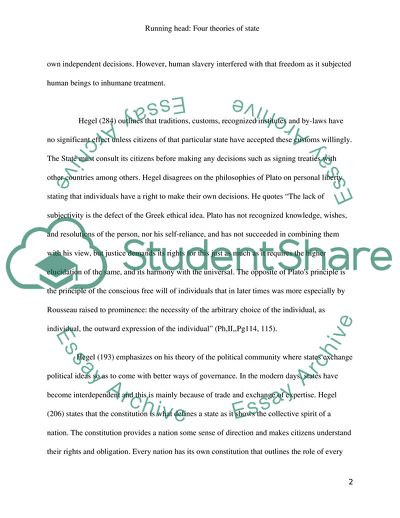Cite this document
(Compare and Contrast Hegel, Marx, List and Benedict Anderson Essay, n.d.)
Compare and Contrast Hegel, Marx, List and Benedict Anderson Essay. https://studentshare.org/philosophy/1820992-compare-and-contrast-hegel-marx-list-and-benedict-anderson
Compare and Contrast Hegel, Marx, List and Benedict Anderson Essay. https://studentshare.org/philosophy/1820992-compare-and-contrast-hegel-marx-list-and-benedict-anderson
(Compare and Contrast Hegel, Marx, List and Benedict Anderson Essay)
Compare and Contrast Hegel, Marx, List and Benedict Anderson Essay. https://studentshare.org/philosophy/1820992-compare-and-contrast-hegel-marx-list-and-benedict-anderson.
Compare and Contrast Hegel, Marx, List and Benedict Anderson Essay. https://studentshare.org/philosophy/1820992-compare-and-contrast-hegel-marx-list-and-benedict-anderson.
“Compare and Contrast Hegel, Marx, List and Benedict Anderson Essay”. https://studentshare.org/philosophy/1820992-compare-and-contrast-hegel-marx-list-and-benedict-anderson.


